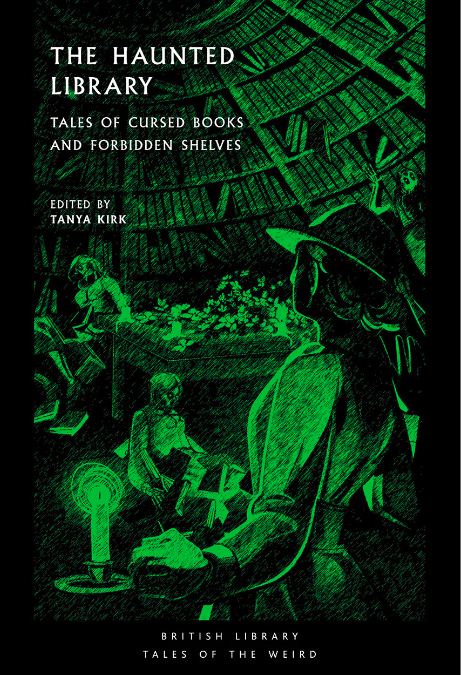.
It's odd how Catholic Hierarchies all over the English-speaking world are hitting out hard to proclaim that "marriage means the union of a man with a woman": not odd because there is some problem with the proposition, but odd because there is another linguistic battle in which they rolled over.
"Priest" only has one meaning: it is a man who is ordained to offer sacrifice. In the Christian Church, "priest" is used to describe the man who, called by God, is ordained to be able to re-present Christ's sacrifice on Calvary.
"Priest" describes a big ask: it's limited to men; few are called, and fewer answer the call. Those who do so are changed irrevocably; they're not just men any more: they're priests, men who are more than men, men who are set apart from other men.
So why has the term "women priests" been accepted as the premise on which the debate about the ministerial role of women should be conducted? Women in other denominations can be ministers, vicars, clergy, reverends, but they can't be priests. (My guess, by the way, is that few of the women who are in orders would actually believe that they have been ordained to offer a sacrifice anyway.) Opposition to the idea of "women priests" isn't about being "anti-woman", any more than opposition to the idea of male mothers is about being "anti-man". But the pass has been sold.
I animadvert from time to time on the subject of the education of the members of our Hierarchy: whether they have been intellectually formed to take on the secular opposition to what we believe in. I wonder if they have also been taken in by counsellors: by people who are far more aware than they are about what words mean, and where they lead.
.
26 September 2011
Subscribe to:
Post Comments (Atom)















































1 comment:
A very good point, that the pass has been sold, and I agree completely with the point about Bishops' education.
Maybe candidates for a bishopric should sit a mutilple-choice catechetical test, to ensure some doctrinal soundness.
God bless.
Post a Comment